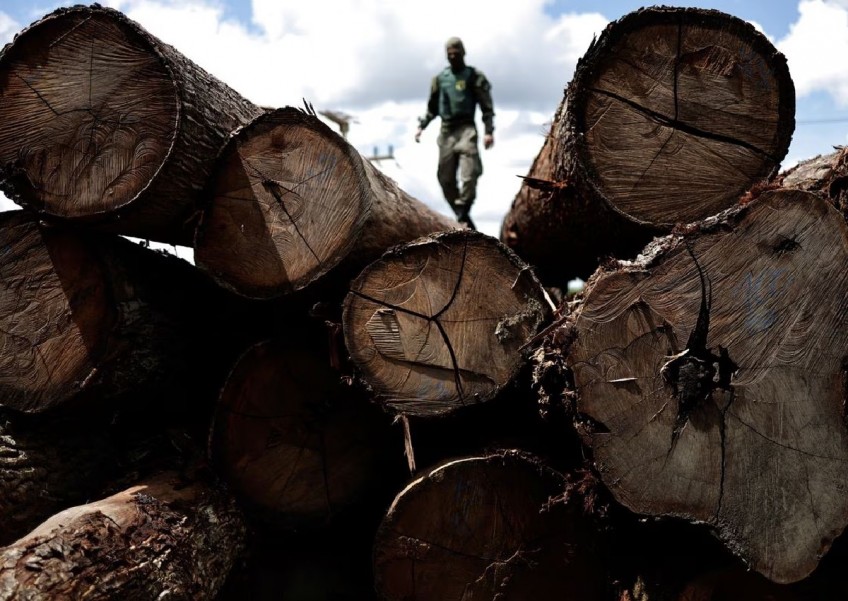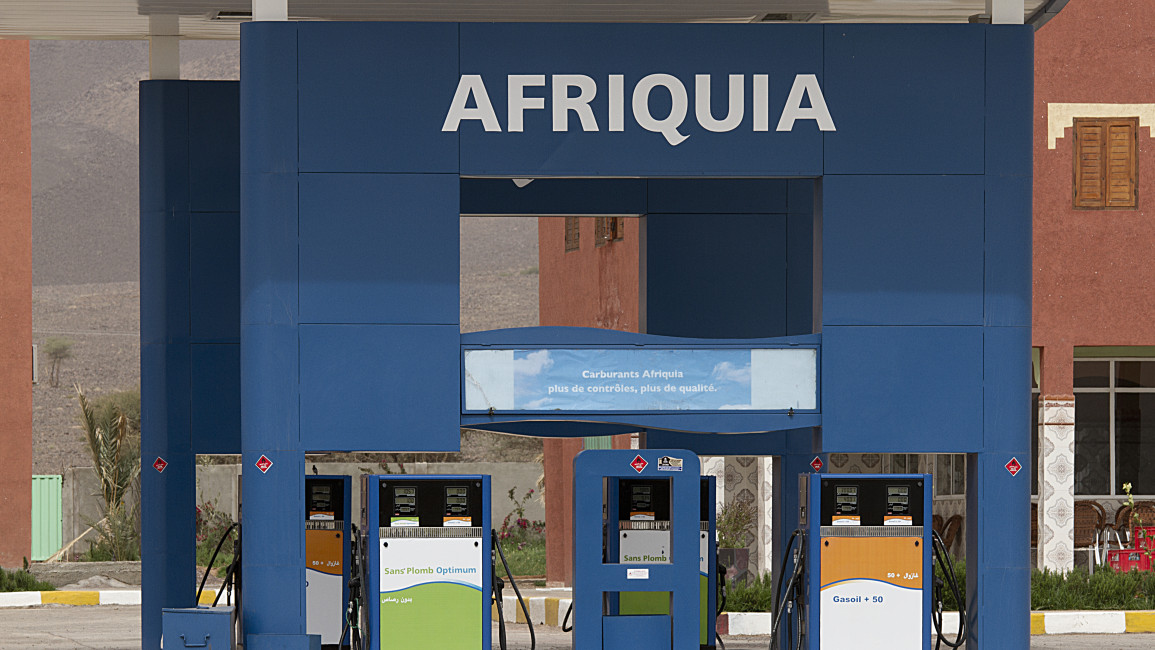Ex-UN expert says China, Russia sabotaging North Korea sanctions investigations
The former head of the U.N. Panel of Experts overseeing North Korea sanctions chastised Russia and China on Friday for obstructing the panel’s work and sabotaging its investigations.
Eric Penton-Voak, a former British diplomat with 30 years of service, served as coordinator of the panel tasked with monitoring the DPRK sanctions regime from May 2021 to April 2023. He was forced to vacate his post due to the disagreement over his role between representatives of the P3 members (the U.S., U.K. and France) and China and Russia.
“Two colleagues on the panel act consistently in the interests of their own countries, and they misuse the principle of consensus in order to prevent the panel from reaching the conclusions it really should as an independent organization,” Penton-Voak said in a press briefing hosted by NK Pro, confirming that he was referring to panel members from Russia and China.
The panel currently consists of eight members: one from each of the five permanent members of the U.N. Security Council, as well as from South Korea, Japan and Singapore.
“They are obviously influenced in this by the views of their own capital cities and can’t possibly allow the panel to say anything that would not be acceptable” in Beijing or Moscow, Penton-Voak said.
Speaking about the panel’s upcoming report on DPRK sanctions, the former U.N. expert said the document “is seriously diluted and doesn’t say what it could and should” due to the opposition of two of the panel members.
While Penton-Voak said the report includes “a wealth of detail” on entities and individuals in breach of U.N. sanctions, he underscored that the document fails to “make strategic conclusions” that are the basis for giving recommendations to U.N. member states.
He said that the panel’s “effectiveness is enormously reduced,” as the expert group is unable to reach those strategic conclusions that it “could and should be reaching.”
“It is the strategic issues it should be discussing or simply [the fact] that these sanctions are not implemented by major states.”
He also said that the recent visit of the Russian and Chinese delegations to North Korea to participate in massive military celebrations “speaks volumes about the future of the sanctions regime.”
“I think to have two representatives of two permanent members of the Security Council applauding the Hwasong-17, a strategic weapon that was created entirely in breach of sanctions — it says it all.”
DPRK ARMS FOR RUSSIA
In January, the U.S. presented satellite imagery of a train that it said carried arms from North Korea to Russia, after previously accusing the DPRK of providing arms for Moscow’s invasion of Ukraine. The contents of the containers, however, have remained unverified to date.
The panel included this imagery in its latest report released in March, but this triggered a backlash from Moscow and Beijing. Soon after, they voiced strong opposition to Penton-Voak’s role as the panel’s coordinator, putting its operations in question.
Penton-Voak acknowledged that the panel “has not found any evidence” of North Korea supplying weapons to Russia, but he said this “doesn’t mean that it’s not happening.”
“Were Russia to be purchasing DPRK weapons, that would be an egregious breach of sanctions,” the expert said, stating that “the arms embargo is fundamental to the sanctions regime.”
According to Penton-Voak, even in the absence of clear-cut evidence of the suspected transfer of arms, “some of the story about the export of weapons appears to be true.”
Asked about the panel’s decision to present the unconfirmed evidence in the report, he said that “it would have been wrong for the panel not to have included what it had found,” stating that “it was an extremely important and widely reported story.”
The Financial Times reported last week that Ukrainian forces confirmed that they are using North Korean rockets, which Kyiv suggested had been seized from a ship by a third country or captured by Ukraine.
CHINA-DPRK SANCTIONED TRADE
Penton-Voak also raised concern about China’s behavior as it appears to continue to defy U.N. sanctions restricting trade with North Korea.
NK Pro has found that Beijing supplied over $350,000 worth of sanctioned goods to Pyongyang in possible violation of U.N. resolutions in the first half of 2023. China has justified such shipments in the past by arguing that it does not consider certain goods subject to sanctions.
Penton-Voak said that China’s acts “definitely undermine the U.N. mandate and its efforts to investigate sanctions evasions.” Moreover, Beijing’s equivocal stance on the DPRK sanctions regime “does call into question the whole U.N. system,” he noted.
“The sanctions on the DPRK were unanimously agreed, and if member states decide that they changed their mind, they need to say so, rather than pretending to be implementing when they are really not.”
“The point about sanctions is that they’re an alternative to war — they’re actually a pretty good thing,” he said, adding that “sanctions need to be implemented to be effective.”
Edited by Bryan Betts























